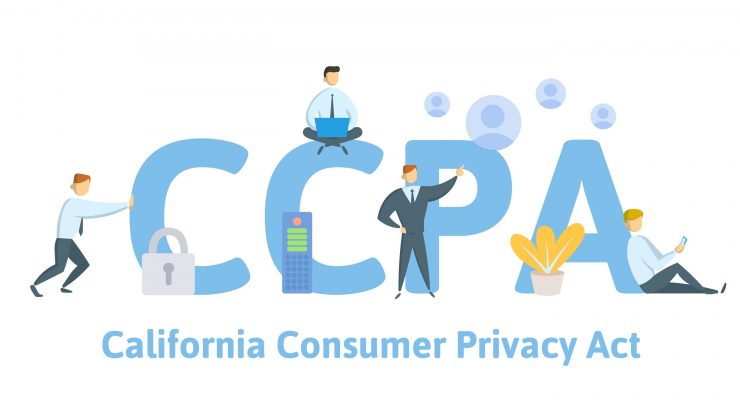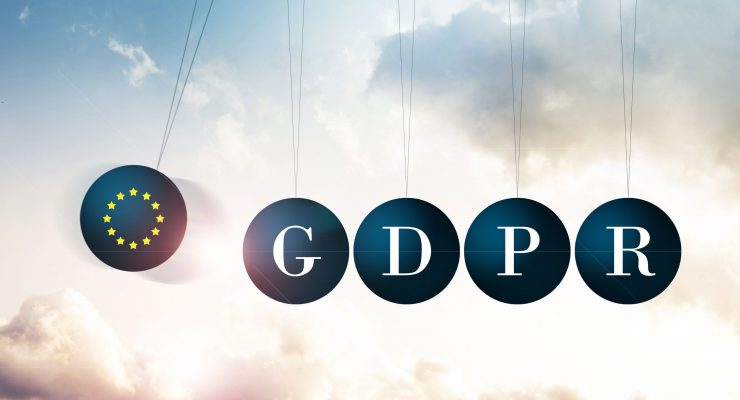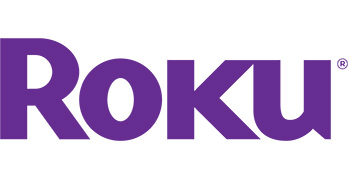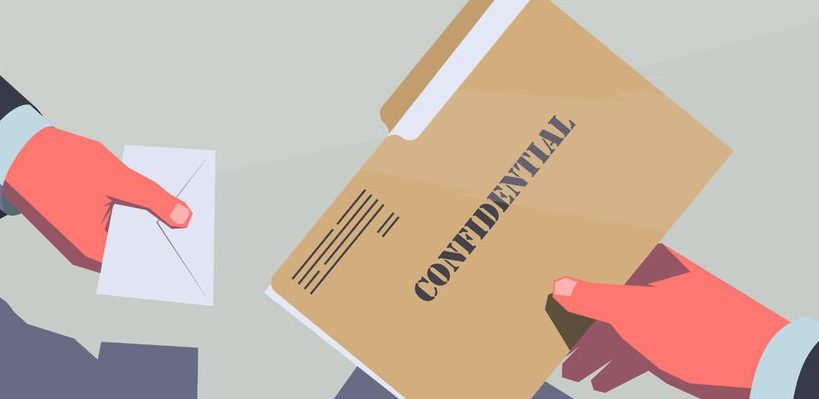Artificial intelligence (AI) is transforming various industries, including the realm of intellectual property law. As AI systems become increasingly capable of generating content, recognizing brand elements, and automating commerce, new opportunities emerge for businesses. Copyright and trademark rights and potential infringement enforcement is one key area. Another is the increased reliance by businesses on AI Read More…
Raging Bull FTC Complaint A Warning To Trading Services
Who “Owns” My Website?
Website operators and business owners may wonder what rights they hold to use and control their own website. “Ownership” essentially comes down to copyright law. Each website is simply a bundle of unique, separate site elements such as custom source code, images and graphics, videos, software and other applications and text. Of course, these elements Read More…
Do California Data Privacy Laws Affect Illinois Businesses?
The California Consumer Privacy Act (CCPA) takes effect on January 1st, 2020. With the new law now upon us, some Illinois based businesses (or other out-of-state website operators and online service providers) may need to comply with the CCPA and other existing California data privacy laws. All website operators and online service providers with visitors Read More…
7 GDPR Rules Businesses Should Follow
GDPR Compliance Roadmap The General Data Protection Regulation (GDPR) gives EU natural citizens rights to control what personal data is collected and how it is stored and/or used. The GDPR covers any “natural person” located in the EU. This means non-EU citizens while they are located in the EU are protected under the GDPR. This Read More…
How Do ISPs Obtain DMCA Safe Harbor Immunity?
DMCA Safe Harbor Requirements Internet service providers must follow the DMCA safe harbor requirements to enjoy protection from user copyright infringement claims. The Digital Millennium Copyright Act (or “DMCA”) is a law that blog, chat room or other interactive website operators must understand. Internet service providers (ISPs) generally have protection under the DMCA safe Read More…
Are There GDPR Exemptions For U.S. Small Businesses?
GDPR Small Business Exemptions The European Union’s General Data Protection Regulation (GDPR) becomes effective on May 25th. The GDPR regulates all personal data that is “processed” (i.e. data that is gathered, stored or used) from any “natural person” in the EU. The existing EU-US Privacy Shield only protects the flow of personal data in transatlantic data exchanges. Read More…
Check Out Our New ROKU Streaming Channel
Phil Nicolosi, J.D. of Phil Nicolosi Law and John LiCausi of InternetMarketingExperience.com have teamed up to create a streaming channel that can be found on ROKU. Open up your ROKU device, search for Internet Legal Armor, and enjoy free legal content that we have specially tailored for small to medium sized business owners and startups. Read More…
Can Online Business Defamation Be Stopped?
Online Business Defamation Defamation is one of the most prevalent legal concerns facing online businesses. Defamation is any false statement of fact that is harmful to someone’s reputation and published “with fault,” meaning as a result of negligence or malice. Libel is generally classified as written defamation and slander is generally classified as oral defamation. Read More…
How To Protect Your Company’s Trade Secrets
Protecting trade secrets is not usually the first thing that comes to mind when conceptualizing business intellectual property. But, employees often leave to work for competitors or themselves and may take invaluable company confidential information with them. The law allows companies to protect trade secrets, but only if employees understand the information is confidential and Read More…






